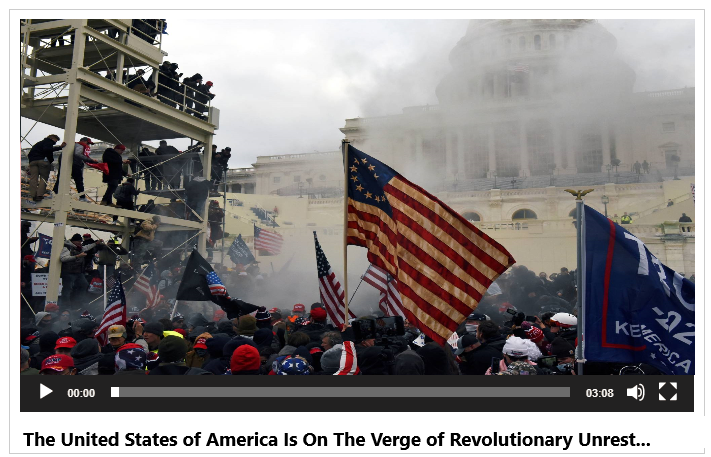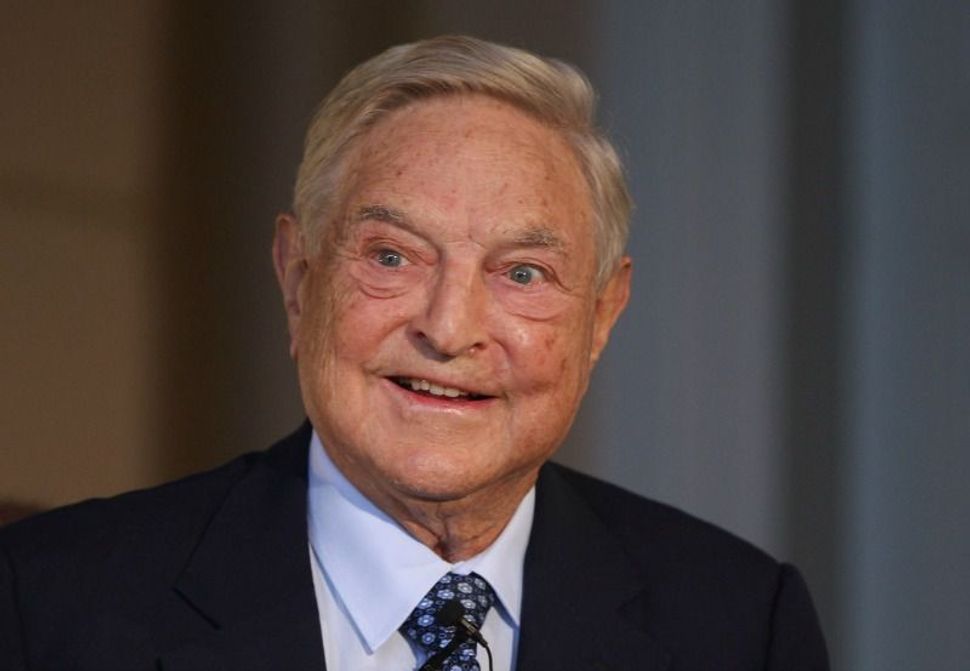Russia Rejects Trump’s Peace Plan, Unleashing Global Geopolitical Firestorm
Ready to uncover the truth? Sick of the lies? Join our Telegram Channel now. It’s time for the real story! My gratitude to all my readers!
Russia defies Trump’s peace plan as economic collapse looms and nuclear threats rise. Malofeev’s conditions expose Kremlin’s desperation in the Ukraine conflict.
The geopolitical chessboard is ablaze as Russia defiantly rejects Donald Trump’s proposed peace plan for the ongoing Ukraine conflict. Konstantin Malofeev, a powerful Kremlin-aligned oligarch, has made it abundantly clear: Russia will not budge. With Putin’s regime under unprecedented economic strain and the specter of nuclear warfare looming, the stakes have never been higher. This isn’t just about Ukraine—it’s a battle for the future of global order.
Konstantin Malofeev’s Shadow Over the Kremlin’s Decisions
Konstantin Malofeev’s declarations aren’t mere personal musings; they are thunderclaps that echo through the Kremlin. As one of Putin’s most trusted allies, Malofeev has made his opposition to Trump’s proposal crystal clear. His specific objection lies in Trump’s appointment of General Keith Kellogg as the special envoy for the Russia-Ukraine conflict. This choice is a calculated affront to Moscow.
Malofeev knows Kellogg’s history too well. As a decorated U.S. general, Kellogg has a track record of opposing Putin’s strategies, calling out Russia’s use of psychological warfare through ballistic missile threats. For Moscow, Kellogg is a red flag—a signal that the U.S. is playing hardball. Malofeev’s outright rejection of Trump’s plan demonstrates how deeply intertwined Russia’s strategic interests and personal rivalries are.
General Keith Kellogg: A Thorn in Russia’s Side
General Kellogg has become a pivotal figure in this drama. His outspoken stance against Putin’s tactics, particularly the use of nuclear threats to intimidate the West, underscores a growing rift. Kellogg sees through Moscow’s psychological ploys, urging Western leaders to stand firm and resist fear. He advocates a bold strategy: remind Russia that NATO’s nuclear arsenal is a powerful deterrent.
This hardline approach clashes with Putin’s goals, which hinge on Western hesitation. Kellogg’s involvement signals that any peace plan will not come at the expense of Ukraine’s sovereignty or Western principles. For Russia, this is unacceptable, and it adds to the combustible mix of tensions fueling the standoff.
Russia’s Economic Desperation: A Crumbling Foundation
While Putin postures with nuclear threats, Russia’s economy is bleeding out. Western sanctions have pushed the nation to the brink, with interest rates skyrocketing to 21% and unofficial inflation surging past 30%. These figures paint a grim picture of an economy in freefall, with ordinary Russians bearing the brunt.
Interest Rates and Inflation: A Deadly Combination
The Russian Central Bank’s decision to raise interest rates was a desperate attempt to stabilize the ruble, but it has only deepened the economic malaise. Businesses struggle to access affordable credit, and ordinary citizens are drowning in debt. Inflation has eroded the value of wages, leaving families unable to afford basic necessities.
Consumer Struggles and Social Unrest
The crisis is hitting home—literally. Mortgage rates in Russia have surged to levels higher than those in Ukraine, a nation at war. Grocery stores are locking up basic goods like butter to prevent theft, a stark indication of widespread economic despair. This isn’t just an economic issue; it’s a humanitarian one, as millions of Russians grapple with deteriorating living conditions.
Putin’s Nuclear Gambit: A High-Stakes Game of Fear
In the face of these economic challenges, Putin’s strategy has turned increasingly aggressive. By wielding the threat of nuclear warfare, he aims to intimidate the West into abandoning Ukraine. But this gambit is as dangerous as it is desperate.
The West’s Calculated Response
Western leaders, urged by figures like General Kellogg, are refusing to cave. They understand that appeasement only emboldens aggressors. Instead, NATO has doubled down on support for Ukraine, providing advanced weaponry and maintaining a united front. This resilience has left Putin with few options, further cornering the Kremlin.
Internal Pressure Mounts
Russia’s economic woes are not just external; they’re creating cracks within Putin’s own regime. As living conditions worsen, public discontent grows. Oligarchs and military leaders, once loyal, are beginning to question Putin’s strategy. This internal discord could prove more dangerous to his reign than any external threat.
The Kremlin’s Draconian Conditions for Peace
Russia’s rejection of Trump’s peace plan isn’t just a dismissal; it’s a declaration of Moscow’s unyielding demands. Malofeev outlined a series of conditions that reveal the Kremlin’s uncompromising stance.
- End U.S. Military Support to Ukraine: Russia demands the cessation of Western arms shipments, particularly long-range weapons that threaten its occupied territories.
- Removal of President Zelensky: This condition is a blatant attempt to destabilize Ukraine’s leadership and install a pro-Russian regime.
- Territorial Concessions: Russia insists Ukraine formally cede four occupied regions, violating international law and Ukraine’s constitution.
- NATO Exclusion: Moscow demands guarantees that Ukraine will never join NATO, a move aimed at solidifying its influence over Eastern Europe.
- Sanctions Relief: Lifting Western sanctions is non-negotiable for Putin, as Russia’s economy teeters on collapse.
- Recognition of Russian Dominance: The Kremlin seeks global acknowledgment of its strategic interests, particularly in Ukraine.
- Global Negotiations: Moscow envisions a new framework for international security, one that cements its position as a superpower.
These conditions are not just audacious—they are designed to ensure rejection. By setting the bar impossibly high, Putin ensures that negotiations stall, buying him time to regroup.
The Looming Consequences of Stalemate
If the West refuses to meet Russia’s demands, Putin’s rhetoric suggests an escalation of hostilities. The threat of nuclear warfare looms large, a grim reminder of the stakes involved. But the Kremlin’s own vulnerabilities—economic, political, and military—may force it to reconsider its position.
A Shaky Future for Putin’s Regime
Putin’s grip on power has never been more tenuous. History shows that personalist dictatorships like his often end in turmoil. The economic crisis, coupled with growing dissent among Russia’s elites, could trigger a power struggle. Malofeev’s public comments hint at the possibility of internal factions maneuvering for influence, setting the stage for potential upheaval.
The Role of the International Community
The global community stands at a crossroads. Trump’s peace plan, flawed as it may be, represents an effort to resolve a conflict that threatens to spiral out of control. But any solution must balance the need to hold Russia accountable with the imperative to prevent further suffering in Ukraine.
Opportunities for Diplomacy
Despite the challenges, there are glimmers of hope. Backchannel discussions suggest that both sides may be open to talks under the right conditions. The question is whether the U.S., NATO, and Ukraine can navigate these treacherous waters without compromising their principles.
Conclusion: A Call for Resolve
Russia’s rejection of Trump’s peace plan is a sobering reminder of the stakes in this conflict. The world faces a critical juncture, where appeasement is not an option, and resilience is the only path forward. As Putin’s regime grapples with internal pressures and economic collapse, the international community must stand firm. The fight for Ukraine’s sovereignty is a fight for the principles of freedom and justice that underpin global stability.
Our mission to champion democracy, freedom of speech, and patriotic values relies on the support of dedicated individuals like you. Your contribution is vital in helping us provide insightful analysis, uncover pressing issues, and inspire positive change in our nation.
Join us in our commitment to making a difference. Every donation counts and empowers us to continue our work in advocating for the values we hold dear.
Thank you for being a crucial part of our journey.

I’m a 33-year-old writer and the founder of World Reports Today. Driven by the timeless principles of democracy and freedom of speech, I use my platform and my writing to amplify the voices of those who uphold these ideals and to spark meaningful conversations about the issues that truly matter.






